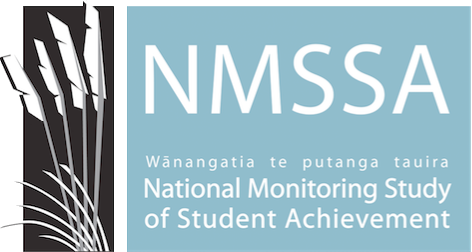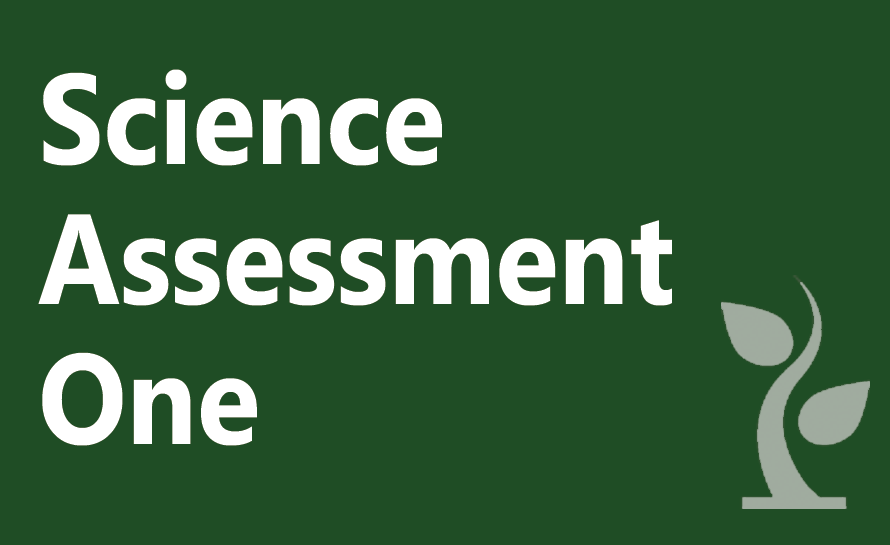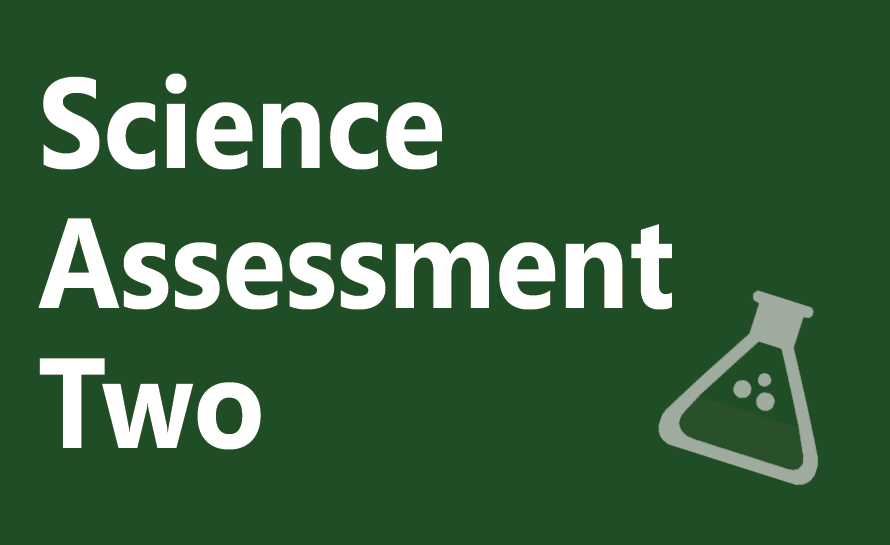Nau mai haere mai ki tēnei rauemi pūtaiao.
Welcome to the NMSSA Science Toolkit
for Year 7 and 8 students.
What is the purpose of the toolkit?
This toolkit is designed to assist teachers to assess, understand, and support Year 7 and 8 students’ learning in science. Its development followed concerning results from the National Monitoring Study of Student Achievement (NMSSA). It could be useful for teachers inquiring into their own or their school’s practice. With this toolkit schools can
- use the NMSSA Science capabilities (SC) scale to assess students in relation to levels in the New Zealand Curriculum
- identify aspects of the science learning area that each student does or does not understand
- find teaching and learning activities to address identified areas of need
- monitor student progress over time.
What is in the toolkit?
Two parallel online assessments – a pre-test (Assessment 1) and a post-test (Assessment 2). Each assessment includes both selected-response and open-ended questions.
Rubrics for marking open-ended questions.
Reports on student achievement. These include an overall score for all students and information about how students scored on each question.
Descriptions of the important science concepts involved and suggested next steps for each question.
Links to other resources to support teaching and learning in science.
How do I use the toolkit?
- Administer Assessment 1 to your students.
- Mark the open-ended questions online.
- Review the automatically generated reports to identify any gaps in your students’ science understandings.
- Use the suggested teaching and learning activities to support your students with their science learning.
- Administer Assessment 2 to your students.
- Mark the open-ended questions online.
- Compare results from Assessments 1 and 2, looking for changes in science understandings
What is in the assessments?
There are 36 questions in each assessment covering a range of science capabilities.
Contexts for each question are derived from the ten Principles and big ideas of science education. There is a mixture of selected-response and short answer questions in the tests. Assessment 2 is comparatively more difficult than Assessment 1.
Assessment 2 includes questions that require students to use an online drawing tool. Make sure students are familiar with this type of tool, in particular, how to produce arrows, and how to add text. You can find more information on the drawing and labelling tool here.
Allow students time to complete these tasks and feel free to provide them with support on using the tool during the assessment.

How do I administer the assessments?
The assessments are administered online. To access the tests an ARB login is required.
Teachers’ experiences of using the Science Toolkit
Several teachers from two schools were involved in the development of the Science Toolkit assessments.
Further resources
There are a range of other resources that teachers and schools can access to support the teaching and learning of science.
Why was this toolkit developed?
This toolkit was developed to assist teachers to assess, understand, and support their students’ learning in science. Its development followed concerning results from the National Monitoring Study of Student Achievement (NMSSA).
In 2017 science was assessed using nationally representative samples of about 2,300 students from 100 schools at each of Year 4 and Year 8. Results indicated that while most students in Year 4 (94%) were achieving at or above curriculum expectations (developed Level 1 and 2), a minority of Year 8 students (20%) were achieving at or above curriculum expectations (developed Level 3 and 4). In addition, students in Year 8 tended to be less positive about science, and, overall, expressed lower levels of confidence in science than students in Year 4.








